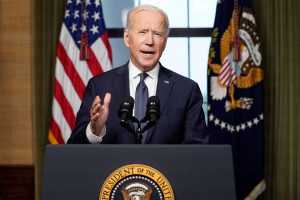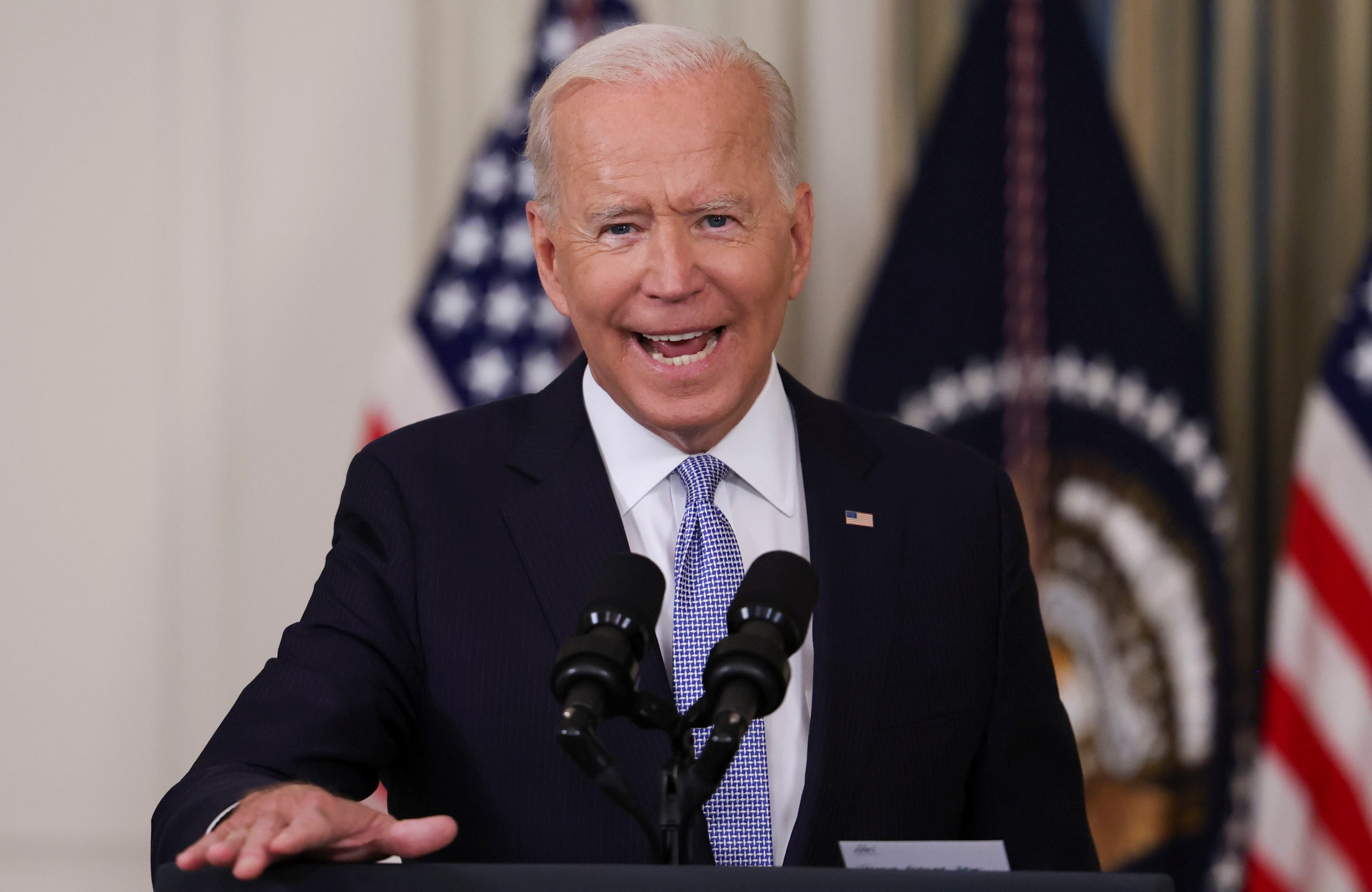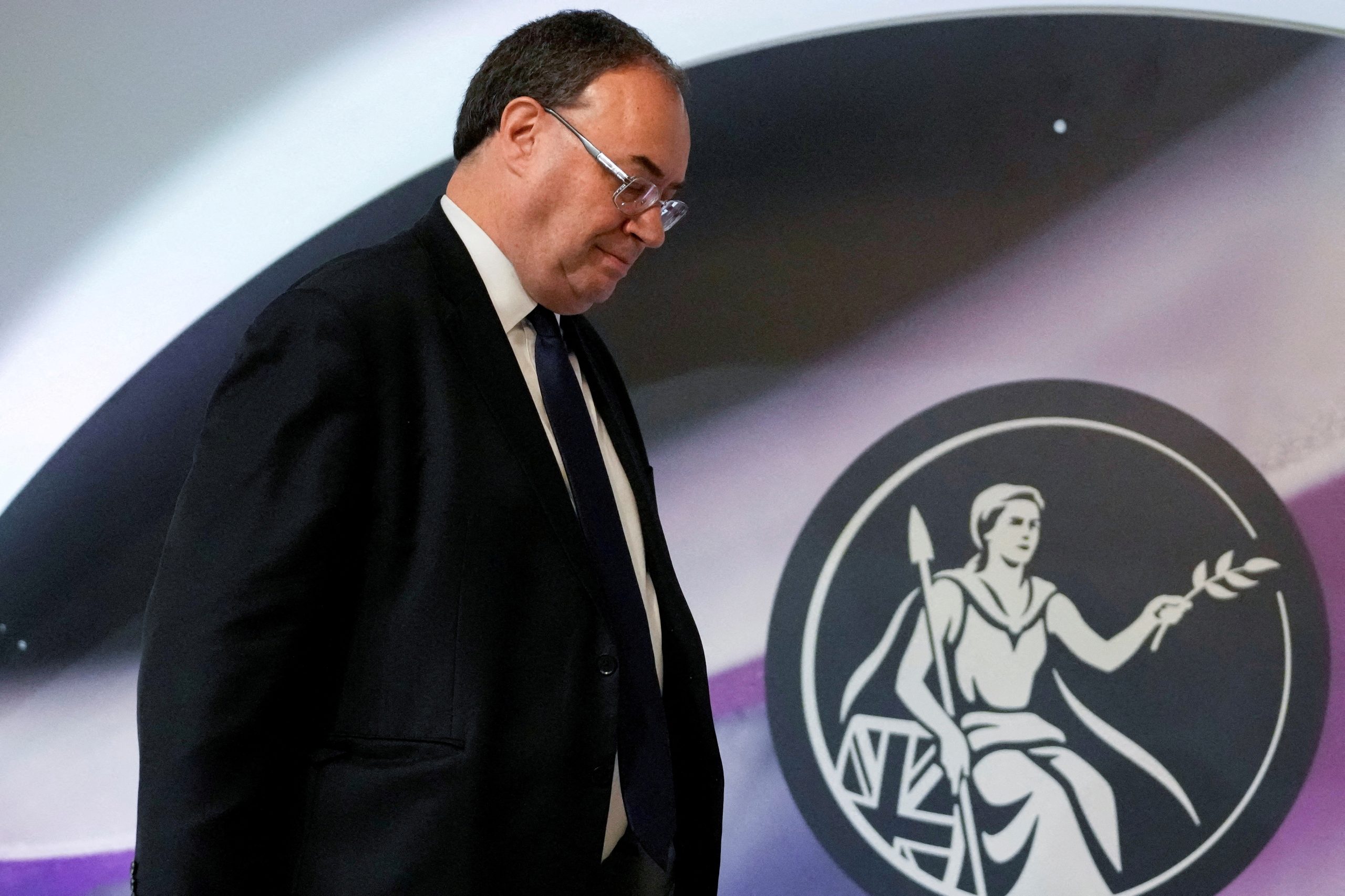In a significant move towards resolving the ongoing conflict in Gaza, President Joe Biden’s ceasefire plan has been endorsed by the United Nations Security Council (UNSC). This endorsement marks a crucial step in the international community’s efforts to mediate peace in the region. The plan, which aims to halt the violence between Israel and Hamas, emphasizes humanitarian aid and the protection of civilians. This article delves into the details of Biden’s ceasefire plan, the endorsement by the UNSC, the implications for the region, and the reactions from key stakeholders.
Background of the Gaza Conflict

The Gaza conflict, rooted in decades of territorial disputes and political tensions, has seen periodic escalations resulting in significant loss of life and destruction. The latest flare-up has been one of the most intense in recent years, prompting urgent calls for international intervention. The violence has led to a humanitarian crisis, with thousands of Palestinians displaced and infrastructure severely damaged.
Biden’s Ceasefire Plan: Key Components
President Biden’s ceasefire plan is built on several key components aimed at achieving a sustainable peace:
1. Immediate Cessation of Hostilities
The foremost priority of the plan is an immediate cessation of hostilities between Israeli forces and Hamas. This involves a mutual agreement to halt all forms of aggressive actions, including airstrikes, rocket attacks, and ground operations.
2. Humanitarian Aid and Support
The plan calls for the rapid mobilization of humanitarian aid to Gaza. This includes medical supplies, food, and essential services to support the displaced and those affected by the conflict. Ensuring safe passage for humanitarian workers and resources is a critical aspect.
3. Protection of Civilians
A significant focus of the plan is the protection of civilians. It demands that both parties avoid targeting civilian areas and infrastructure. The plan also emphasizes the need for international observers to monitor and report on the adherence to these protections.
4. Diplomatic Engagement
Biden’s plan underscores the importance of sustained diplomatic efforts to address the underlying causes of the conflict. It advocates for renewed peace talks between Israel and Palestine, facilitated by international mediators, to work towards a two-state solution.
UN Security Council Endorsement
The UNSC’s endorsement of Biden’s plan is a noteworthy development. The Council, often divided on issues related to the Israeli-Palestinian conflict, showed a rare consensus in supporting the ceasefire initiative. This endorsement provides the plan with significant international legitimacy and support.
Analysis Table: Key Points of Biden’s Ceasefire Plan and UNSC Endorsement
| Key Point | Biden’s Ceasefire Plan | UNSC Endorsement |
|---|---|---|
| Immediate Cessation of Hostilities | Cease all military actions by both sides | Supported unanimously |
| Humanitarian Aid and Support | Rapid deployment of aid and medical supplies | Endorsed and called for international cooperation |
| Protection of Civilians | Ensure safety of civilians and infrastructure | Emphasized need for international monitoring |
| Diplomatic Engagement | Promote renewed peace talks | Supported the call for a two-state solution |
Implications for the Region
The endorsement of the ceasefire plan has several implications for the Gaza region and beyond.
Humanitarian Impact
The immediate effect of the ceasefire is the potential alleviation of the humanitarian crisis in Gaza. With hostilities halted, there is an opportunity for aid organizations to deliver much-needed assistance, rebuild infrastructure, and provide relief to the affected population.
Political Dynamics
Politically, the endorsement strengthens President Biden’s position as a mediator in the Middle East. It also puts pressure on both Israeli and Palestinian leadership to adhere to the ceasefire and engage in constructive dialogue. For Israel, this means balancing security concerns with international expectations, while Hamas faces increased scrutiny over its actions and governance.
International Relations
The UNSC’s support reflects a broader international consensus on the need for peace in Gaza. This unity could pave the way for more cohesive international efforts in the future. The involvement of the UNSC also suggests a potential for more robust peacekeeping and monitoring missions, which could help maintain stability.
Comparative Table: Responses to Biden’s Ceasefire Plan
| Stakeholder | Response | Implications |
|---|---|---|
| United States | Strongly supportive; Biden administration led initiative | Enhances U.S. role in Middle Eastern peace processes |
| Israel | Conditional support; focus on security concerns | Potential for compliance under international pressure |
| Hamas | Tentative acceptance; demands lifting of blockade | Highlights need for addressing broader political grievances |
| Palestinian Authority | Supportive; calls for comprehensive peace talks | Strengthens position in advocating for Palestinian rights |
| International Community | Broad support; emphasis on humanitarian aid | Creates a unified front for peace and reconstruction efforts |
| Neighboring Arab States | Mixed reactions; some support, others cautious | Reflects varying regional interests and alliances |
Challenges Ahead
Despite the positive steps, several challenges remain in achieving a lasting peace.
Trust Deficit
There is a significant trust deficit between Israel and Hamas, complicating the enforcement of the ceasefire. Both sides have accused each other of violations in past ceasefires, making mutual confidence-building measures crucial.
Political Instability
The internal political landscapes of both Israel and Palestine are fraught with instability. In Israel, coalition politics often influence decisions on Gaza, while the Palestinian territories are divided between Hamas in Gaza and the Palestinian Authority in the West Bank.
Long-term Solutions
Achieving a long-term solution requires addressing deep-rooted issues such as borders, the status of Jerusalem, security guarantees, and the rights of refugees. These are complex issues that require sustained diplomatic engagement and compromise.
Conclusion
The endorsement of President Biden’s Gaza ceasefire plan by the UN Security Council represents a critical step towards peace in a region long plagued by conflict. While immediate humanitarian relief is a hopeful outcome, the path to a lasting resolution remains fraught with challenges. The international community’s unified support provides a strong foundation, but the success of the ceasefire will depend on the willingness of all parties to engage in sincere and sustained dialogue. The coming months will be crucial in determining whether this ceasefire can pave the way for a more stable and peaceful future for Gaza and its people.











